Saudi-led coalition prevents over dozen Yemeni tankers from unloading essential cargoes for war-hit nation: YPC
The Yemeni Petroleum Company (YPC) says the Saudi-led coalition has been preventing more than a dozen tankers carrying energy derivatives for the war-torn Arab country from unloading their essential consignments although they hold proper permits.
The company said in a statement on Monday that 20 vessels are now detained off the coast of Yemen for different time periods of which 16 tankers are loaded with 400,979 tons of gasoline and diesel fuel.
The YPC slammed the detention of the vessels as a flagrant violation of the Universal Declaration of Human Rights, besides all international humanitarian principles.
It noted that the measure also blatantly ignores the provisions of the Stockholm agreement, which stressed in its entirety the need for facilitating the arrival of basic materials and humanitarian aid to the Yemen’s western port of Hudaydah in a way that meets the needs of the Yemeni nation.
Delegates from the Houthi Ansarullah movement and representatives loyal to former Yemeni president Abd Rabbuh Mansur Hadi held a round of peace negotiations in Rimbo, north of the Swedish capital city of Stockholm, in December 2018.
The talks resulted in the announcement of a breakthrough agreement.
The document included three provisions: a ceasefire along the Hudaydah front and the redeployment of armed forces out of the city and its port; an agreement on prisoner exchange; and a statement of understanding on the southern Yemeni city of Ta’izz.
The YPC said that the Saudi-led military alliance continues to enforce a tight blockade against the Yemeni nation through various acts of maritime piracy in order to prevent ships carrying oil derivatives, natural gas, food, medicine and other basic commodities from docking at the port of Hudaydah.
“Ships are not allowed to anchor in Hudaydah port despite the fact that they have undergone all inspection procedures in Djibouti by the United Nations Verification and Inspection Mechanism for Yemen (UNVIM),” the company said.
It added, “These ships have acquired necessary UN permits that verify their cargos conform to the conditions stipulated in the concept of verification and inspection mechanism operations.”
Saudi Arabia and a number of its regional allies launched a devastating campaign against Yemen in March 2015, with the goal of bringing Hadi’s government back to power and crushing the Ansarullah movement. The Riyadh regime and its partners enjoy arms supplies from their Western backers.
The US-based Armed Conflict Location and Event Data Project (ACLED), a nonprofit conflict-research organization, estimates that the war has claimed more than 100,000 lives for more than the past five years.
The Saudi regime has, however, failed to fulfill the objective of its deadly campaign.
The war has also taken a heavy toll on the country’s infrastructure, destroying hospitals, schools, and factories. The UN says over 24 million Yemenis are in dire need of humanitarian aid, including 10 million suffering from extreme levels of hunger.
Scores killed as Takfiri terrorists target Shia Muslims in Pakistan
Pezeshkian to US, Europeans: You are killing women, children
VIDEO | COP29: another climate failure?
ICC issues arrest warrants for Netanyahu, Gallant for war crimes
Israeli strikes kill 88 Palestinians in northern Gaza
American voters plainly rejected complicity in Gaza genocide: Iran FM spox
ICC should issue more arrest warrants for Israeli authorities over Gaza genocide: UN expert
Israel using AI weapons co-produced by India in Gaza genocide: Report


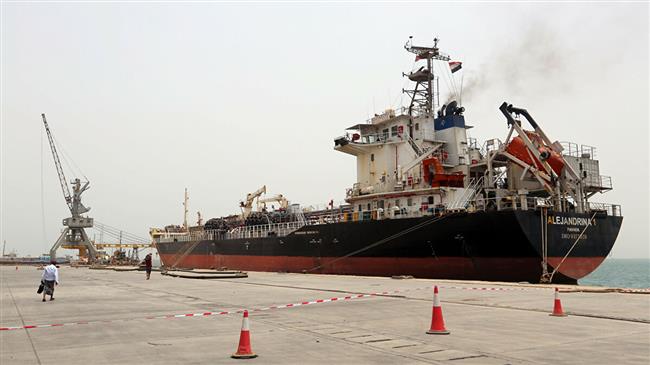




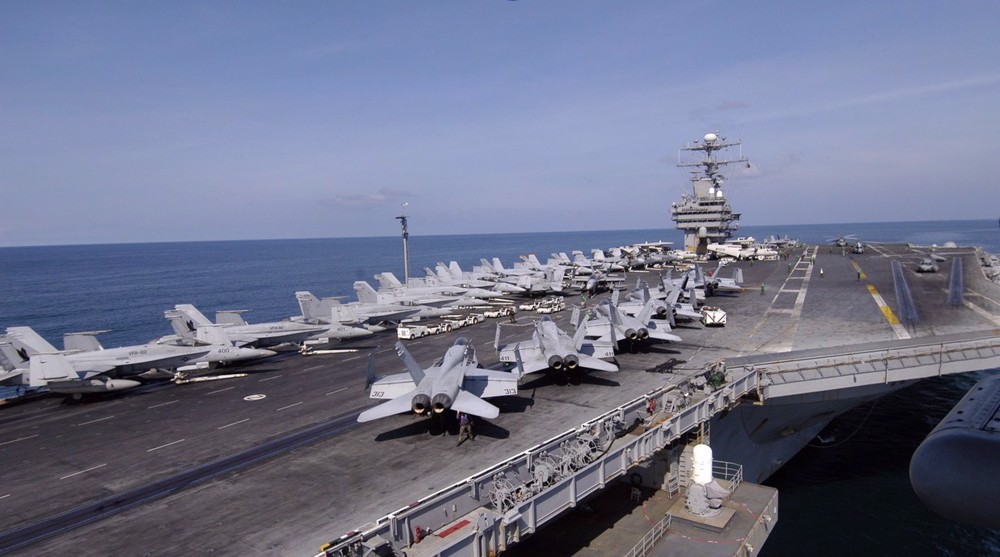
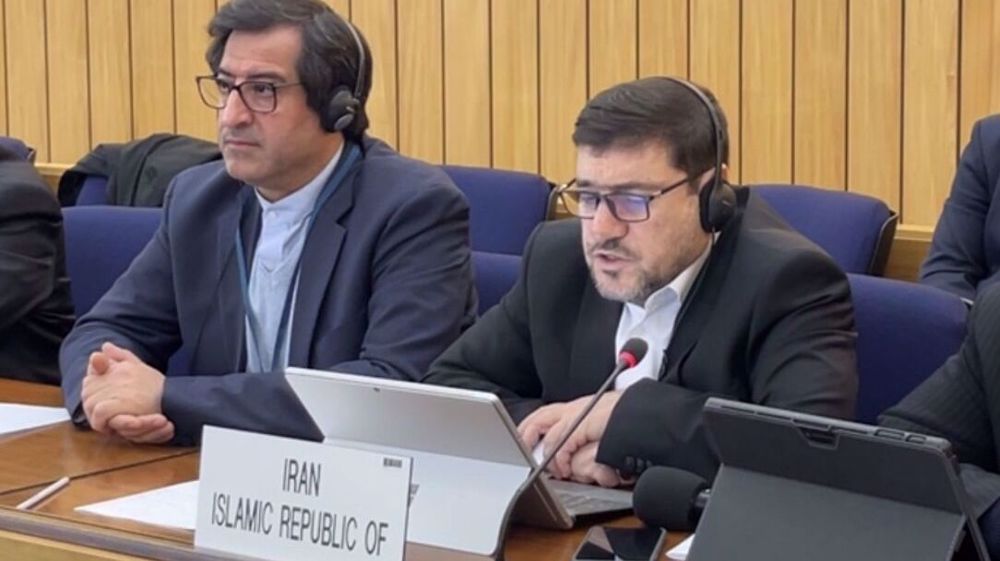







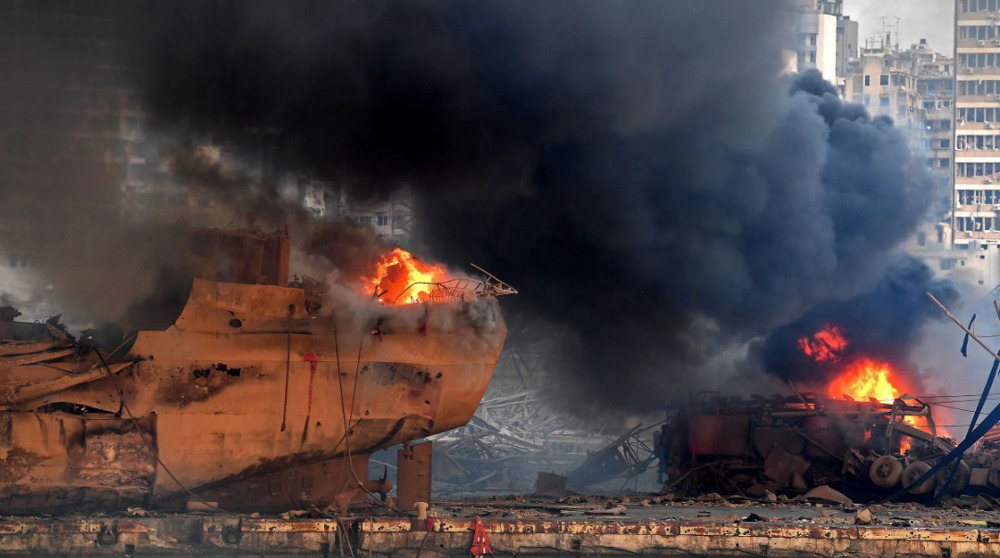
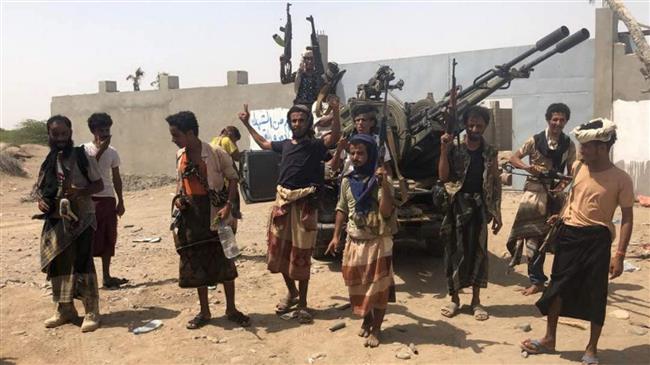
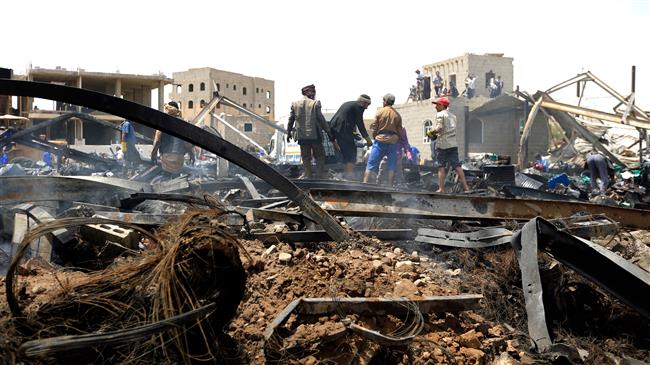

 This makes it easy to access the Press TV website
This makes it easy to access the Press TV website